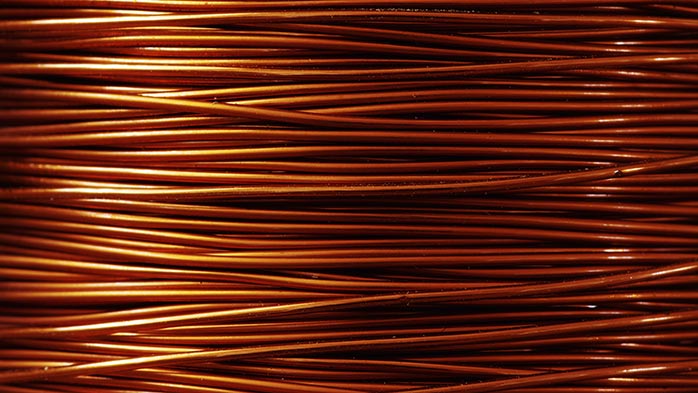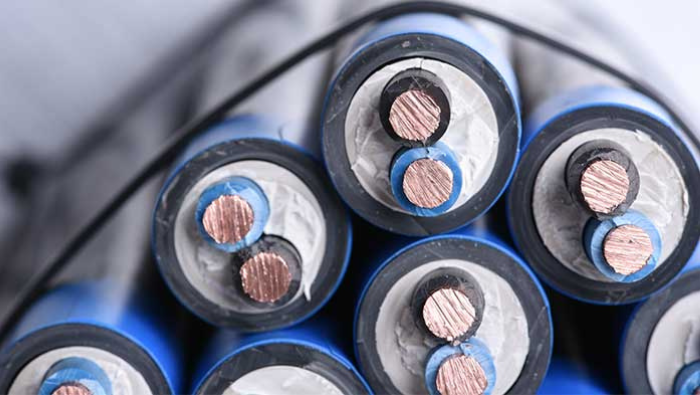CRU’s Copper Team operates out of offices across the globe, with representatives in Santiago, London, Singapore, Shanghai, Beijing and Sydney.
We follow everything from mine supply and costs to smelting capacity and output, to develop our view of the copper concentrates market. Below, we pick out 10 key themes that will steer the market in 2021.
We will be monitoring these themes throughout the course of 2021 in our key publications, the Copper Raw Materials Monitor and the Copper Concentrates Market Outlook. Please get in touch with one of our analysts should you have any questions.
Chile and Peru face unstable political landscape
Chile and Peru, which account for ~40% of global mine supply, will hold general elections in 2021. Peru’s political instability is seen as a key risk, while Chile is seeking to write a new constitution this year amid a busy schedule of labour contract negotiations.
Lasting effects of Covid-19 measures on mine supply
Miners’ Covid-19-enforced focus on operational continuity has potentially come at the expense of maintenance, sustaining capex and ore stripping. We have upped our 2021 disruption allowance to 6%, although mine production is still expected to increase ~5% y-on-y.
More complex concentrates on the custom market
Grasberg will continue to face elevated fluorine levels as its block caves ramp-up, but it is uncertain how much high fluorine material will be produced this year. Collahuasi is expected to produce increased volumes of high arsenic concentrates.
Tough times for smelters to continue
With the fall in annual benchmark TC/RCs, now at $59.5/5.95¢, 2021 looks set to be another difficult year for the smelting industry. In China, Fuxin Bofa, Shenghai Chemical and Yunnan Jinshui might be at risk again, alongside other smelters such as Feishang, Yuanqu, or Wuxin.
Only one major Chinese smelter project expected in 2021
In contrast to recent years, only one major smelter project will commission in 2021. Daye’s expansion project, which will add 400,000 t/y to China’s smelting capacity, is expected to start producing from November. Global primary smelter production to grow by ~4% y-on-y.
Concentrates market to remain tight in H1
Market tightness to persist in the short term, with a 155,000 t copper-in-concentrates deficit forecast for H1. However, H2 is likely to be softer as the market moves to a 95,000 t surplus. The 60,000 t deficit forecast for 2021 overall suggests a more balanced market than 2020 (~200,000 t deficit).
TCRCs to stay around current low levels in H1
Spot TC/RCs should reflect this trend and stay at low levels in H1. Lunar new year will fall on 12 February this year and post-holiday re-stocking by Chinese smelters will likely put further downwards pressure on terms. TC/RCs are likely to show signs of recovery in H2 if the market softens.
Recovery in Chinese scrap imports expected
Delays to new regulations meant that Chinese copper scrap imports fell by as much as 50% in 2020. Scrap cargoes are now entering under new standards, yet there remains some uncertainty over custom inspections. It is likely to take 3-6 months for import volumes into China to normalise.
Blister RCs could stay around current levels
Blister RCs to average around current levels in the $140–150 /t range in the near term; however, improved scrap and blister availability could result in a slight increase. Implementation of VAT on payable gold in blister/anodes imported into China could disincentivize importing high-gold anodes.
Smelter by-product revenues recover
Smelter revenues have been in a slump due to low TC/RCs but have seen some recovery as precious metal and sulphuric acid prices improved. Acid prices are expected to stay firm over the coming months, while safe-haven status will support gold prices in 2021, averaging $1,895/oz.
Explore this topic with CRU




